Sex, lies and religious roles
Updated: 2015-08-24 08:00
By Raymond Zhou(China Daily)
|
||||||||
China's most enterprising monk is ensnared in yet another web of accusations signifying either the difficulty of blazing new trails or the weakness of human nature.
Shi Yongxin has been embroiled in controversies since I first heard his name.
The very famous, or infamous, abbot - depending on your attitude - of the legendary Shaolin Temple has long been accused of over-commercializing a major religious institution.

But now he faces more serious charges: Late last month someone named Shi Zhengyi, whose identity has not been revealed, came forward with allegations of "10 sins" the abbot has supposedly committed. Other than "taking over Shaolin assets", the truly eye-catching allegations are "playing with women and fathering children outside wedlock".
Specifically, the abbot was accused of "rape" and "keeping mistresses".
This tickled public imagination in the same way scandals involving Catholic priests molesting children have been plastered all over Western media headlines.
These figureheads of religious piety are supposed to be voluntarily celibate, aren't they?
But in the rush to denounce the sinner and occupy the moral high ground, many seem to have neglected one crucial distinction: Rape is a serious crime that must be legally prosecuted, while "keeping mistresses" violates only the code of conduct embodied in the vocation.
It's an open secret that Shaolin Temple operates more like a business than a religious entity under Shi's stewardship.
Is this wrong?
This is a muddily gray area.
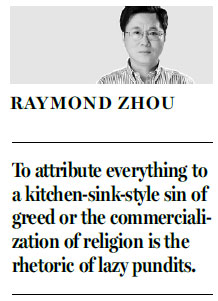
Many who trek to the renowned temple in Dengfeng city, Henan province, are tourists rather than pilgrims. Sure, some may leave token donations, but isn't it fair to charge them an appropriate entrance fee for sightseeing?
In fact, you must pay to enter nearly all of China's religious venues that also function as tourist attractions. Ideally, there should be a separation of tourists and pilgrims, but only a few, such as the Potala Palace in Tibet, are able to do that.
There is one aspect to commercialization that seems to be unique to Shaolin.
The temple has reportedly set up dozens, if not hundreds, of corporations all around the world.
Abbot Shi espouses this as a means to promote Shaolin-style Buddhism.
It is totally conceivable that religious institutions have ancillary businesses.
But, in terms of evangelism through pop culture and globalization, Shaolin must be considered highest on the perch.
Now, it is up to regulators who should determine, in advance preferably, whether this should be allowed - and to what extent.
Theoretically, whatever isn't forbidden should be regarded as legal.
It still falls within the realm of differing points of view to see Shi either as a smart businessman whose suit is a bright red-and-yellow robe and who happens to be in the faith business or as a hypocrite who wants to capitalize on the faith and tourism boom with little regard for the sanctity of religion.
The recent accusations, if proven true, will definitely nudge him over to the dark side.
The early litany of "wrongdoings" includes Shi taking up as much as 80 percent of the temple's equities, which has since been explained by the temple as a mere technicality.
However, a group of seven senior members from the temple traveled to Beijing on Aug 8 and filed a formal report with the State Administration of Religious Affairs, presenting what they claimed to be evidence of Shi's appropriation of millions of yuan from the temple.
That includes the 2006 purchase of a motor vehicle Shi allegedly got after borrowing 190,000 yuan ($29,700) from Shi Yanlu, one of the filers. The abbot then allegedly claimed it as a temple expense without repaying the amount borrowed.
Abbot Shi "got a free vehicle and 190,000 yuan in cash, which should both be the temple's assets", according to Shi Yanlu.
I guess the abbot would explain the free vehicle as a business expense, but the cash he allegedly kept is trickier to clarify. The amount was really peanuts for him, but it's the kind of technicality that may topple a giant.
The public could probably care less about the intricacies of bookkeeping and number crunching. It's usually sex that pulls someone off the pedestal.
Of course, one can argue that someone in his position might have used wealth he did not own to bait the women, who in this case did not even dream of becoming his official wife.
But these are separate issues.
One may commit a sin without committing a crime or vice versa. A financially clean person of power may have a secret lover, and the relationship may not necessarily be based on money and power.
But for those growing up on a heavy dose of melodrama, funneling public money into one's personal boudoir makes the perfectly titillating story with a morally black-and-white message.
The truth, unfortunately, may be more opaque and complicated.
First of all, we should refrain from trying anyone, celebrity or not, only in the court of public opinion.
Any citizen should be presumed innocent until proved guilty. Now it is the prosecutor's job to conduct a thorough investigation and sift through the rumors and mud before zeroing in on the facts.
There is one idea that the whole thing was cooked up by a competing agency with interests in the temple's financial performance.
Anyway, both for the abbot's reputation and for the public's right to know, authorities should find out whether he overstepped the line - legally, ethically, religiously or otherwise.
To attribute everything to a kitchen-sink-style sin of greed or the commercialization of religion is the rhetoric of lazy pundits.
Contact the writer at raymondzhou@chinadaily.com.cn
(China Daily 08/24/2015 page20)
- Tsipras formally resigns, requesting snap general elections
- China-Russia drill not targeting 3rd party
- UK, France boost security
- China demands Japan face history after Abe's wife visits Yasukuni Shrine
- DPRK deploys more fire units to frontlines with ROK
- DPRK, ROK trade artillery, rocket fire at border
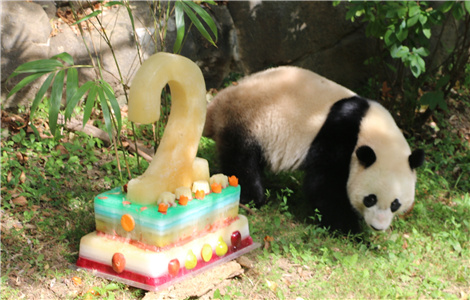
 Giant panda Bao Bao celebrates two-year birthday
Giant panda Bao Bao celebrates two-year birthday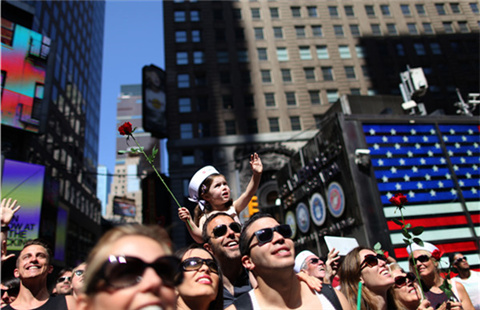
 Across America over the week (Aug 14 - Aug 20)
Across America over the week (Aug 14 - Aug 20)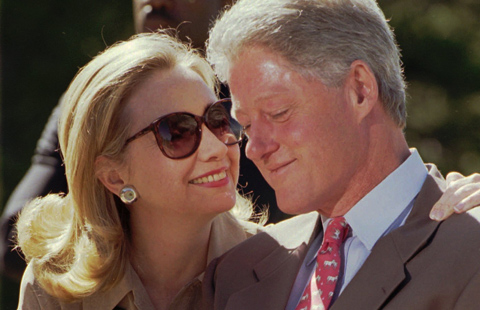
 Stars in their eyes: leaders in love
Stars in their eyes: leaders in love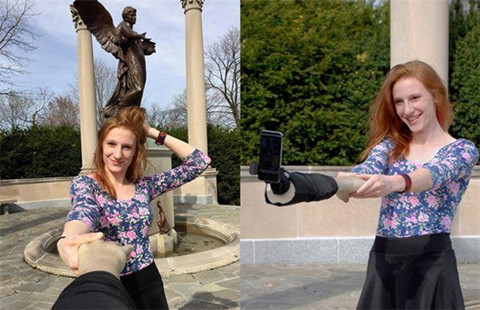
 A survival guide for singles on Chinese Valentine’s Day
A survival guide for singles on Chinese Valentine’s Day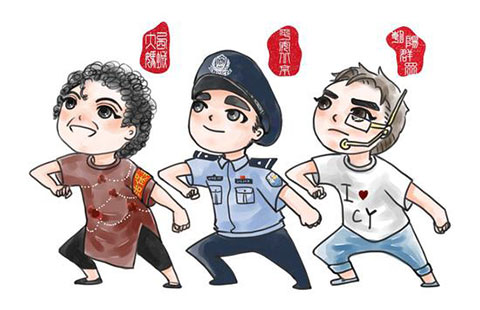
 Beijing police publishes cartoon images of residents who tip off police
Beijing police publishes cartoon images of residents who tip off police
 Rare brown panda grows up in NW China
Rare brown panda grows up in NW China
 Putin rides to bottom of Black Sea
Putin rides to bottom of Black Sea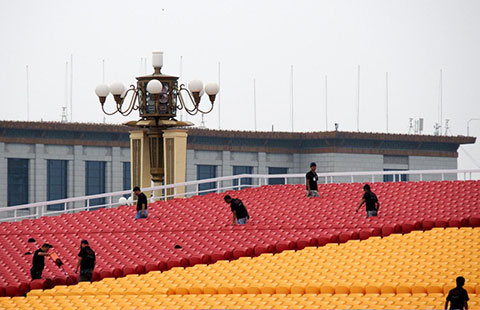
 The changing looks of Beijing before V Day parade
The changing looks of Beijing before V Day parade
Most Viewed
Editor's Picks

|

|

|

|

|

|
Today's Top News
China advocates practical cooperation between LatAm, East Asia
Giant panda gives birth at Washington's National Zoo
Emissions data won't change China policy
Preparations shutter Forbidden City, other major tourist spots
President Xi Jinping calls for crews not to ease up
Chemical plants to be relocated in blast zone
Asian sprinters on track to make some big strides
Jon Bon Jovi sings in Mandarin for Chinese Valentine's Day
US Weekly

|

|






